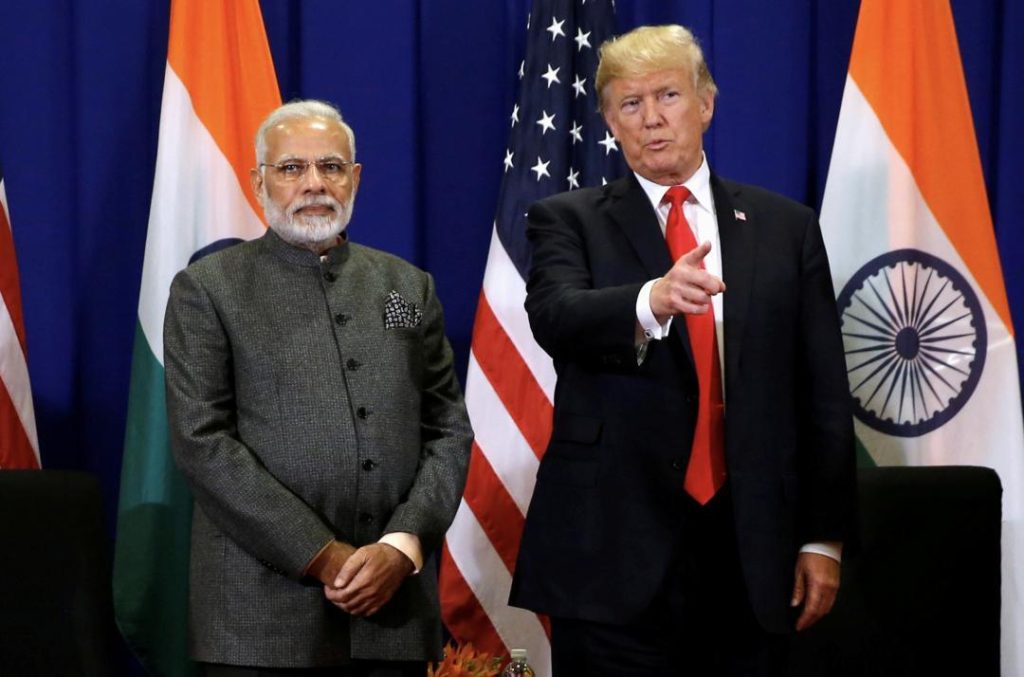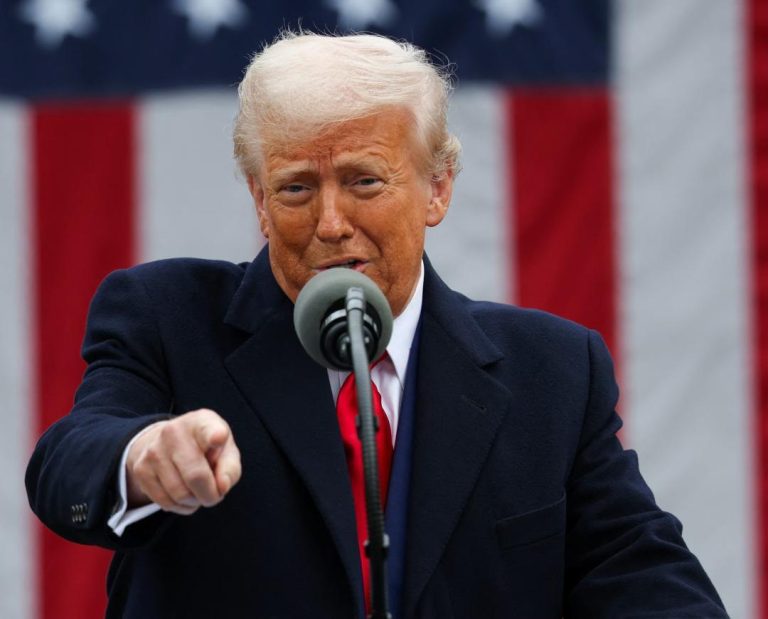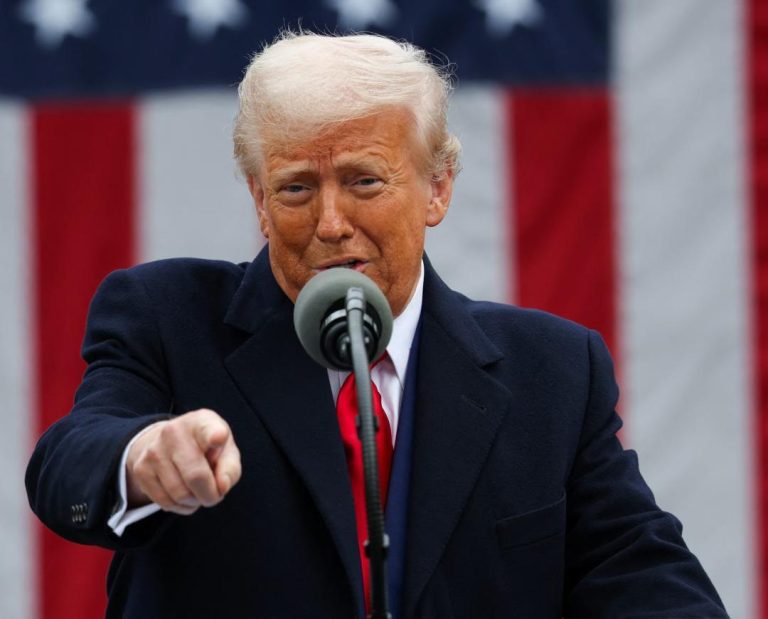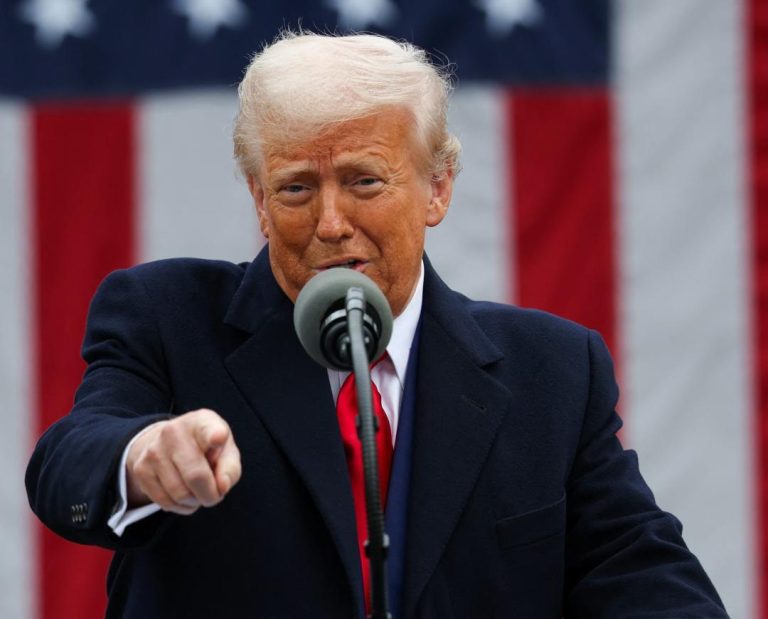
Difficult to Sell in India due to “Uniquely Burdensome” Certification Needs: US
The United States has long been a significant player in the global market, with a vast array of products that cater to the needs of diverse industries. However, the country has been facing challenges in exporting its goods to India, citing the country’s “uniquely burdensome” testing and certification requirements. According to the White House, these barriers make it “difficult or costly” for American companies to sell their products in India, resulting in a significant loss of potential exports.
In a recent development, the US imposed a 26% reciprocal tariff on India, citing the country’s refusal to remove these barriers. The move is expected to impact India’s economy, which has been growing rapidly in recent years. The US is one of India’s largest trading partners, and any disruption to trade relations could have far-reaching consequences for both countries.
So, what are these “uniquely burdensome” certification needs that are causing problems for American companies? To understand this, it is essential to delve deeper into the testing and certification requirements for chemicals, telecom products, and medical devices in India.
Chemicals: A Complex Web of Regulations
The chemical industry is a significant sector in both the US and India, with a wide range of products that cater to various industries. However, the testing and certification requirements for chemicals in India are notoriously strict and complex. American companies that wish to export their chemical products to India must comply with the country’s Good Laboratory Practice (GLP) and Good Manufacturing Practice (GMP) regulations.
These regulations require companies to conduct extensive testing and certification of their products, which can be time-consuming and costly. Additionally, India’s Central Pollution Control Board (CPCB) and the Ministry of Environment, Forest and Climate Change (MoEFCC) have separate sets of regulations that companies must comply with. This duplication of effort can lead to delays and increased costs for American companies.
Telecom Products: A Maze of Certification Requirements
The telecom industry is another sector that is heavily regulated in India. American companies that wish to export their telecom products to India must comply with a range of certification requirements, including type approval, network equipment testing, and electromagnetic compatibility testing.
The process of obtaining these certifications is complex and often requires companies to navigate a maze of regulations and bureaucratic procedures. The tests themselves are also rigorous, with companies required to demonstrate that their products meet India’s stringent safety and quality standards.
Medical Devices: A High-Stakes Environment
The medical device industry is another sector where certification requirements are extremely strict in India. American companies that wish to export their medical devices to India must comply with the country’s Medical Devices Rules, 2017, which require companies to obtain a license from the Drug Controller General of India (DCGI) before marketing their products in the country.
The testing and certification process for medical devices in India is highly regulated, with companies required to demonstrate that their products meet India’s safety and quality standards. This includes testing for parameters such as biocompatibility, sterilization, and electromagnetic compatibility.
The Consequences of “Uniquely Burdensome” Certification Needs
The “uniquely burdensome” certification needs in India have significant consequences for American companies that wish to export their products to the country. The testing and certification requirements can be time-consuming and costly, which can make it difficult for companies to compete with local manufacturers.
The White House estimates that if these barriers were removed, US exports to India would increase by at least $5.3 billion annually. This would have a significant impact on the US economy, creating jobs and stimulating economic growth.
The Way Forward
In light of the challenges faced by American companies in exporting their products to India, it is essential for the two countries to work together to address these barriers. The US and India have a long history of cooperation in trade and commerce, and there are many opportunities for the two countries to work together to increase trade and investment.
One potential solution is for the US and India to establish a system of mutual recognition of testing and certification requirements. This would allow American companies to demonstrate compliance with India’s regulations without having to conduct extensive testing and certification in the country.
Another potential solution is for the US and India to work together to simplify and streamline the testing and certification process for chemicals, telecom products, and medical devices. This could involve the establishment of a single, unified set of regulations that companies must comply with.
Conclusion
The “uniquely burdensome” certification needs in India are a significant challenge for American companies that wish to export their products to the country. The testing and certification requirements are complex and often duplicative, which can make it difficult for companies to comply with the regulations.
If these barriers are not addressed, they could have significant consequences for the US economy, including a loss of potential exports and jobs. However, with cooperation and collaboration between the US and India, it is possible to establish a more streamlined and efficient system of testing and certification, which would benefit both countries.
Source:
https://repository.inshorts.com/articles/en/PTI/d2e0b8f4-4b4a-42ad-aac1-76895ed9cd04





